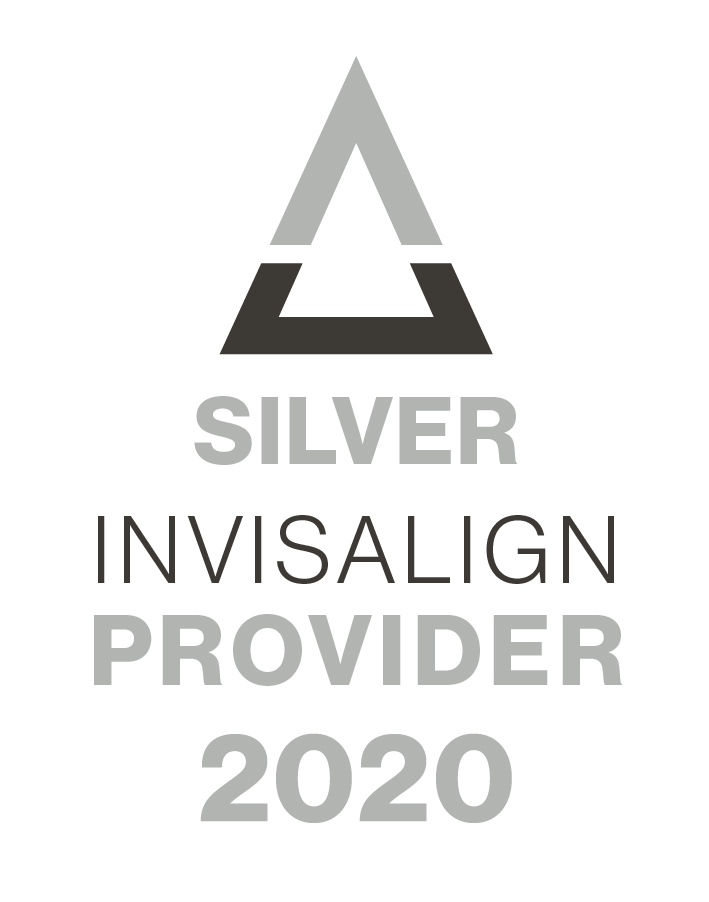Introduction: Oral cancer screening is a vital part of maintaining your overall health. At Smile Design Team, we offer comprehensive oral cancer screenings as part of your regular dental checkups, ensuring that any signs of cancer are detected early when treatment is most effective.
Why Oral Cancer Screening is Important: Oral cancer can develop in any part of the mouth, including the lips, gums, tongue, and throat. Early detection is key to successful treatment, but oral cancer often goes unnoticed until it has progressed to a more advanced stage. Regular screenings can identify potential issues early, increasing the likelihood of successful treatment.
What to Expect During an Oral Cancer Screening:
- Visual Examination: Your dentist will begin by visually examining your mouth, lips, and throat for any signs of abnormalities, such as red or white patches, sores, or lumps.
- Palpation: The dentist will gently feel the tissues in your mouth and neck for any unusual lumps or masses.
- Advanced Screening Tools: In some cases, your dentist may use special lights or dyes to enhance the examination and highlight any areas of concern.
- Discussion of Risk Factors: Your dentist will discuss any risk factors you may have, such as tobacco use, alcohol consumption, or a family history of cancer, and will provide guidance on reducing your risk.
Risk Factors for Oral Cancer:
- Tobacco Use: Smoking or using smokeless tobacco products significantly increases your risk of developing oral cancer.
- Excessive Alcohol Consumption: Drinking alcohol, especially in combination with tobacco use, can increase your risk.
- HPV Infection: The human papillomavirus (HPV) is a risk factor for certain types of oral cancer.
- Sun Exposure: Prolonged exposure to the sun can increase the risk of lip cancer.
- Age: The risk of oral cancer increases with age, particularly after age 50.
- Family History: A family history of cancer can increase your risk, making regular screenings even more important.
Signs and Symptoms of Oral Cancer: While oral cancer can be asymptomatic in its early stages, there are signs to watch for:
- Persistent Mouth Sores: Sores that do not heal within two weeks.
- Unexplained Bleeding: Bleeding in the mouth without an apparent cause.
- Lumps or Thickening: Any lumps, thickening, or rough spots in the mouth.
- Difficulty Swallowing or Chewing: Persistent difficulty or pain when swallowing or chewing.
- Voice Changes: Hoarseness or changes in your voice that persist.
- Numbness: Unexplained numbness in the mouth or face.
The Importance of Early Detection:
- Improved Outcomes: Early detection of oral cancer significantly improves the chances of successful treatment.
- Minimally Invasive Treatments: When caught early, oral cancer may be treated with less invasive procedures.
- Peace of Mind: Regular screenings provide peace of mind, knowing that you’re taking proactive steps to protect your health.
Preventive Measures:
- Quit Tobacco: If you use tobacco products, quitting is the most important step you can take to reduce your risk of oral cancer.
- Limit Alcohol Consumption: Moderating your alcohol intake can lower your risk.
- Use Sun Protection: Apply lip balm with SPF and wear a wide-brimmed hat when outdoors to protect your lips from sun damage.
- Healthy Diet: Eating a diet rich in fruits and vegetables may help reduce your risk of cancer.
- Regular Dental Checkups: In addition to screenings, regular dental checkups allow your dentist to monitor any changes in your oral health.
Frequently Asked Questions:
- How often should I have an oral cancer screening?
- It’s recommended to have an oral cancer screening at least once a year, usually as part of your routine dental checkup.
- Is an oral cancer screening painful?
- No, the screening is quick, painless, and non-invasive.
- What happens if something suspicious is found?
- If your dentist identifies an area of concern, they may recommend further testing, such as a biopsy, to determine if cancer is present.
Conclusion: Oral cancer screening is a simple yet powerful tool in the fight against cancer. At Smile Design Team, we are committed to providing comprehensive screenings to protect your health. Don’t wait – schedule your next screening today and take an important step in safeguarding your future.


